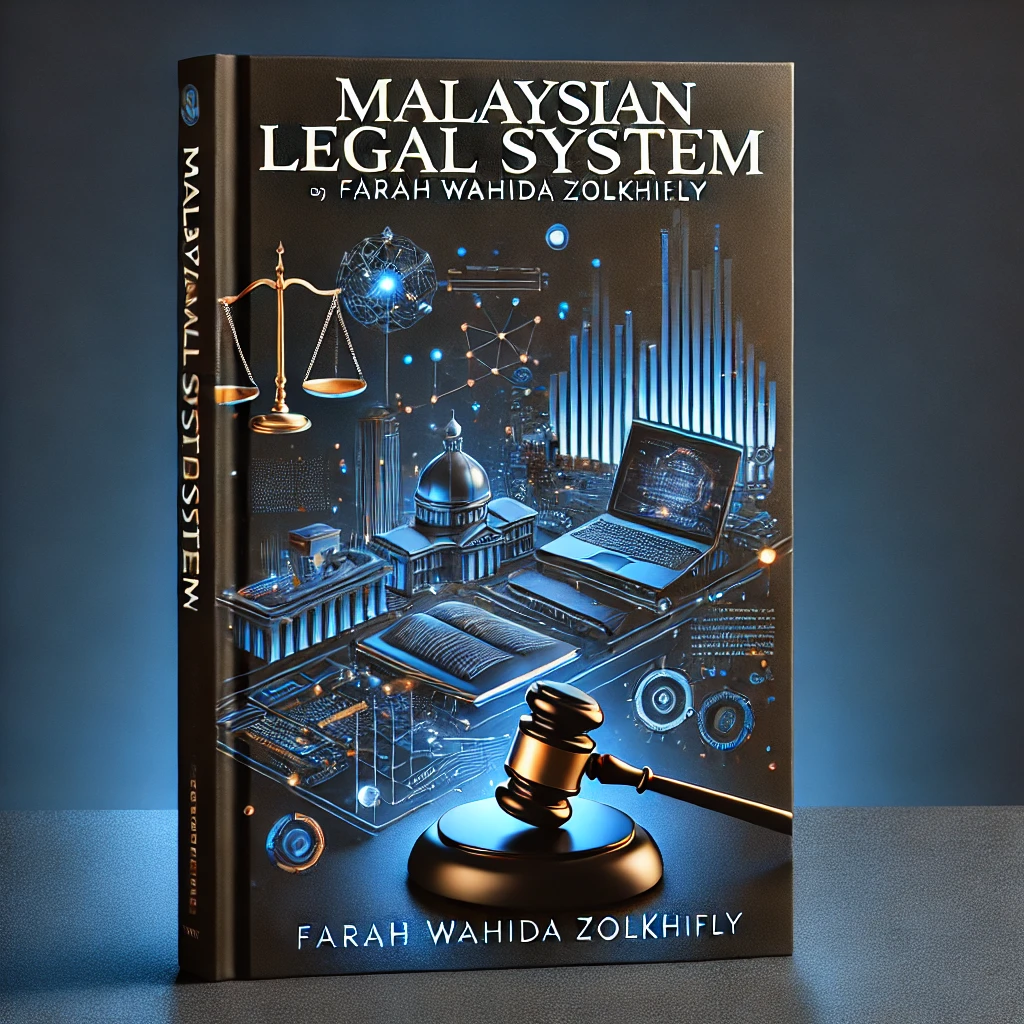
About This Course
The Malaysian
Legal System is based on English common law due to the country’s
colonial history. It is a hybrid system incorporating customary law, Islamic
law, and civil law. Below is an overview of its key components:
1. Sources of Law
The
primary sources of Malaysian law include:
- The Federal Constitution – The supreme law of
Malaysia. - Legislation (Statutory Law) – Laws enacted by Parliament
and State Assemblies. - Common Law and Equity – Derived from English law
and judicial precedents. - Islamic Law (Syariah Law) – Governs Muslims in
matters like marriage, divorce, and inheritance. - Customary Laws – Includes Adat Perpatih
and Adat Temenggung (Malay customs) and native laws (e.g., for
Orang Asli and indigenous groups in Sabah & Sarawak).
2. Court System in Malaysia
Malaysia
has a dual court system: Civil Courts and Syariah Courts.
A. Civil Court System (Hierarchy)
- Federal Court – The highest court in
Malaysia. - Court of Appeal – Handles appeals from
lower courts. - High Court – Divided into:
- High Court of Malaya
(Peninsular Malaysia) - High Court of Sabah and
Sarawak (East Malaysia) - Subordinate Courts:
- Sessions Court – Handles criminal and
civil cases with higher value. - Magistrates' Court – Handles minor criminal
and civil cases. - Penghulu Court – Minor cases in rural
areas.
B. Syariah Court System
- Applies only to Muslims
and deals with Islamic family law and offenses under state
Islamic laws. - Hierarchy:
- Syariah Subordinate Court
- Syariah High Court
- Syariah Court of Appeal
3. Legal Profession
- Judges – Appointed by the Yang
di-Pertuan Agong (King) on the advice of the Prime Minister. - Lawyers – Divided into:
- Advocates & Solicitors (practicing in civil
courts) - Syariah Lawyers (practicing in Syariah
courts)
4. Alternative Dispute Resolution (ADR)
- Includes arbitration,
mediation, and conciliation as alternatives to litigation.

FWZ
1
Courses
0
Students
Curriculum Overview
This course includes 1 modules, 3 lessons, and 0:20 hours of materials.
0
0 Reviews
Content Quality (0)
Instructor Skills (0)
Value for Money (0)
Support Quality (0)
Course Specifications
Sections
1
Lessons
3
Capacity
10 Students
Duration
0:20 Hours
Students
0
Created Date
24 Mar 2025
Updated Date
24 Mar 2025
Send Course as Gift
Send as a gift to friends
Tags
You are viewing
Malaysian Legal System




Reply to Comment